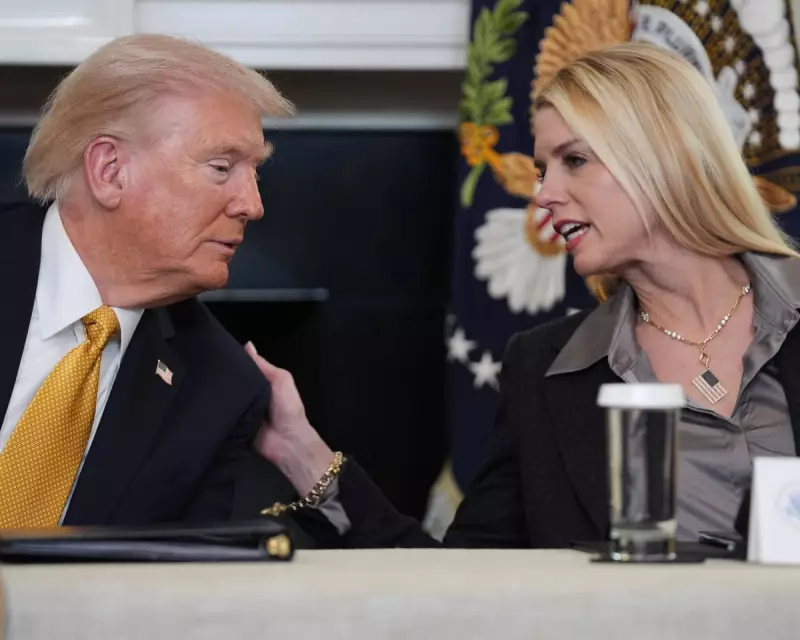
In a dramatic reshaping of American political norms, Donald Trump has established what critics are calling a "regime of retribution and reward" during his second term in the White House. The former president's return to power has ushered in an unprecedented system where political loyalty is systematically rewarded, while perceived opponents face targeted consequences.
The Machinery of Retribution
Trump's administration has developed sophisticated mechanisms for identifying and penalising those deemed disloyal. From former aides who testified against him to government officials who resisted his first-term agenda, a pattern of systematic punishment has emerged that extends far beyond typical political disagreements.
One administration insider revealed: "There's now a formalised process for tracking who stood where during the Trump years. It's not just about policy differences - it's personal, and the consequences are professional and financial."
The Currency of Loyalty
Conversely, those who demonstrated unwavering support for Trump throughout his political and legal battles are finding themselves richly rewarded. The distribution of government contracts, advisory positions, and political access appears heavily weighted toward those who maintained allegiance during Trump's most challenging periods.
Systematic Favours
- Preferred access to administration officials
- Accelerated regulatory approvals
- Lucrative government contracts
- Influence over policy decisions
- Protection from legal scrutiny
Erosion of Democratic Norms
Political analysts express deep concern about the long-term implications of this reward-punishment dynamic. Traditional American governance, built on principles of institutional independence and professional civil service, appears to be giving way to a system where personal loyalty trumps professional competence.
This represents a fundamental shift in how power is exercised in Washington, with consequences that could extend far beyond Trump's current term in office.
A Chilling Effect on Dissent
The administration's approach has created what multiple sources describe as a "climate of fear" within government circles. Career officials report increased self-censorship, while political appointees carefully calibrate their public statements to avoid falling out of favour.
One former official noted: "The message is clear - cross this president and you'll pay a price. It's changing how people think about their jobs and their principles."
The International Perspective
European allies are watching these developments with growing alarm. The normalisation of such practices in one of the world's leading democracies sets concerning precedents that could influence political behaviour globally.
As one European diplomat privately confessed: "We're witnessing the American system being stress-tested in ways we never imagined possible."
The establishment of this retribution-and-reward framework raises profound questions about the future of American democracy and the durability of its institutional safeguards against the concentration of power.





